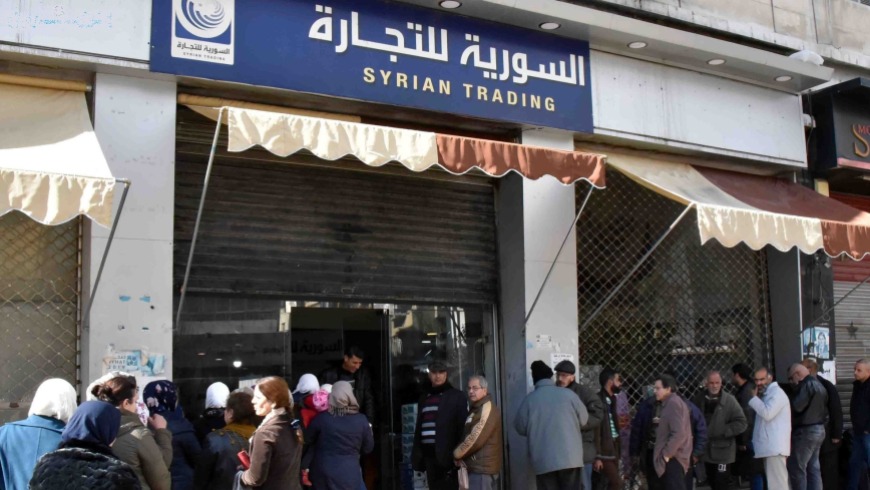The Council of Ministers of the Syrian regime announced on Tuesday the restructuring of subsidies towards thoughtful and gradual cash support, and urged holders of electronic “smart cards” to open bank accounts for the transfer of subsidy amounts.
This decision was made during the Council’s weekly session chaired by Hussein Arnous, who called for account openings within a three-month period to facilitate the cash support transfer.
In a statement, the Council of Ministers clarified that this move is part of efforts to restructure subsidies gradually and thoughtfully. It emphasized that opening a bank account is a straightforward process, requiring only the beneficiary’s presence with their personal card at the bank. The financial costs associated with opening these accounts are minimal. The statement also noted that all banks in the country have been instructed to simplify procedures and offer necessary assistance to streamline the account-opening process.
The Syrian regime contends that restructuring subsidies aims to ensure fair distribution to deserving recipients, support the most vulnerable groups, and address deficits in the state budget.
Economists anticipate that within the three-month period granted for opening bank accounts, the Syrian government will phase out current subsidies on essentials such as bread, gas, heating diesel, gasoline, electricity, water, and telephone bills.
New decisions on subsidy restructuring
The government of the regime has previously issued decisions concerning what it termed “subsidy restructuring,” following errors that impacted thousands of Syrians due to exclusion mechanisms from government subsidies.
During that period, the regime’s decision to remove subsidies from thousands of Syrian families caused widespread confusion and contradictory official statements from regime officials. These attempts aimed to justify errors in the decision’s implementation, resulting in poor families being excluded from the subsidy system and compelled to purchase essential goods at market rates, which are often double the subsidized prices of bread, fuel, and other necessities.
This article was translated and edited by The Syrian Observer. The Syrian Observer has not verified the content of this story. Responsibility for the information and views set out in this article lies entirely with the author.


